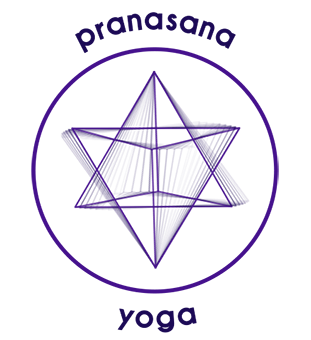When you are born, you are naked, possessing nothing and, when you die, again you are empty of all possession. But somehow, ironically, during our life we believe in ownership.
When I first heard of the concept of “poverty” through Sufism, my initial understanding was that it implied material poverty, lack of possession, not having anything belonging to this world. My understanding was reinforced by images of wandering Dervishes that had absolutely no worldly possession and would beg their way through life and in return help whoever they encountered in spiritual matters.
Although I highly admired their ability to renounce all the joy of material belonging, I I never understood the necessity of it and to some degree, deep down I felt that peace could be attained without depriving oneself of the pleasures of life.
What I have come to see through the day to day ups and downs of living, is that peace can only be experienced through poverty, but not the poverty that I had first understood. It is the poverty which, although rips me of all that I have, all “my belongings”, all that I call “mine”, it leaves me abundant in the kingdom of life. Aparigraha for me is beyond non possessiveness or poverty in form. It is about giving up all that we have as we have them. Having them, but not owning them.
Have you noticed that the moment you personalize everything by calling it “mine” that your inner experience changes completely. The words “my”, “mine” bring with them such powerful dynamics in our inner being. They make everything “personal”. Try it: think of “health deteriorates” and then put a “my” in front of it: “my health is deteriorating”. While the former is thought to be a fact of life and acceptable, the latter is frightening, scary, brings with it many mental images and hence makes it very difficult to accept and make peace with. Another example would be “children misbehave”. Again this is normality, understandable. The moment we put “my children misbehave” a whole story arises and we take it personally and hence suffer. Just put “my” in front of any of the following words and sense and feel your inner experience: wealth, house, relationship, friend, child, career, pain, pleasure, achievement, and failure. Some of them might immediately create a spin of emotional and mental activities that may or may not be pleasant.
Can we imagine a life where we could see ourselves, our lives devoid of anything that was “ours”. What if we knew that in reality nothing can be called “mine”, nothing can be thought as “personal”, and what if we knew that in reality “nothing belongs to me”. NOTHING. What if we didn’t believe that we own our body, our material possession, our progress, our relationships, our talents and shortcomings, our successes, our failures? What if they all belong to life itself, what if we gave the ownership back to the source whence they came from. Would it be possible then to see that we are not a separate entity living in separate cells that we have created with walls called “mine”. Is it possible that only then we will see that we are part of a whole and that everything is REALLY connected?
When we live our life devoid of all belongings, we gain the same clarity of mind that we have when a friend talks to us about their lives. Have you noticed how easily we can see that person’s patterns and the solution to any problems they may have? What is it that stops us from doing the same with our own life? What stops us is the fact that we consider ourselves separate entities, special in everyway, special because of what we own and possess. We find our worth through what we have collected. We have collected family, friends, houses, successes, failures, career etc etc. These have become part of who we are. We identify ourselves with them. Because they are “ours”, seeming inseparable from us and because they have become who we are, we want to control and manipulate them all. Alas the price we pay is “the peace in our heart”. We loose the true beats of our hearts because we have forgotten who we really are. We think that the things we have define us. We are not what we have, we just are. We are everything we have ever looked for in all the things we have collected. What do we really want to gain from what we possess: Love? Security?Bbeauty? Peace? Once we stop defining ourselves with what we have, what we call “mine”, peace, love, security and beauty flows from every corner of the universe from within and without and we’ll find ourselves in the abundant ocean of life.
On your mat, you can practice aparigraha. You can do this by removing your possession over your body, your breath, your thoughts and your emotions. Slowly let go of wanting to control everything that goes on the mat. Watch your poses and your breath and watch the experiences they bring out without making them personal. On your mat, go through pose after pose, breath after breath knowing that you don’t own your body. Let go of trying to manipulate it and force it do what you wish. Relate to your body, get to know its strengths and limitations, love and care for it, but know that it is not in your possession and it certainly doesn’t define you. Its strength and limitations are not a reflexion of who you are. On your mat, put “me” and “mine” aside and experience life as it is through the eyes of the Universal OBSERVER.
When we don’t possess what we have, we let go of the need to control them. When we don’t control them, we don’t feel controlled by them. When we don’t feel controlled, we are FREE!
